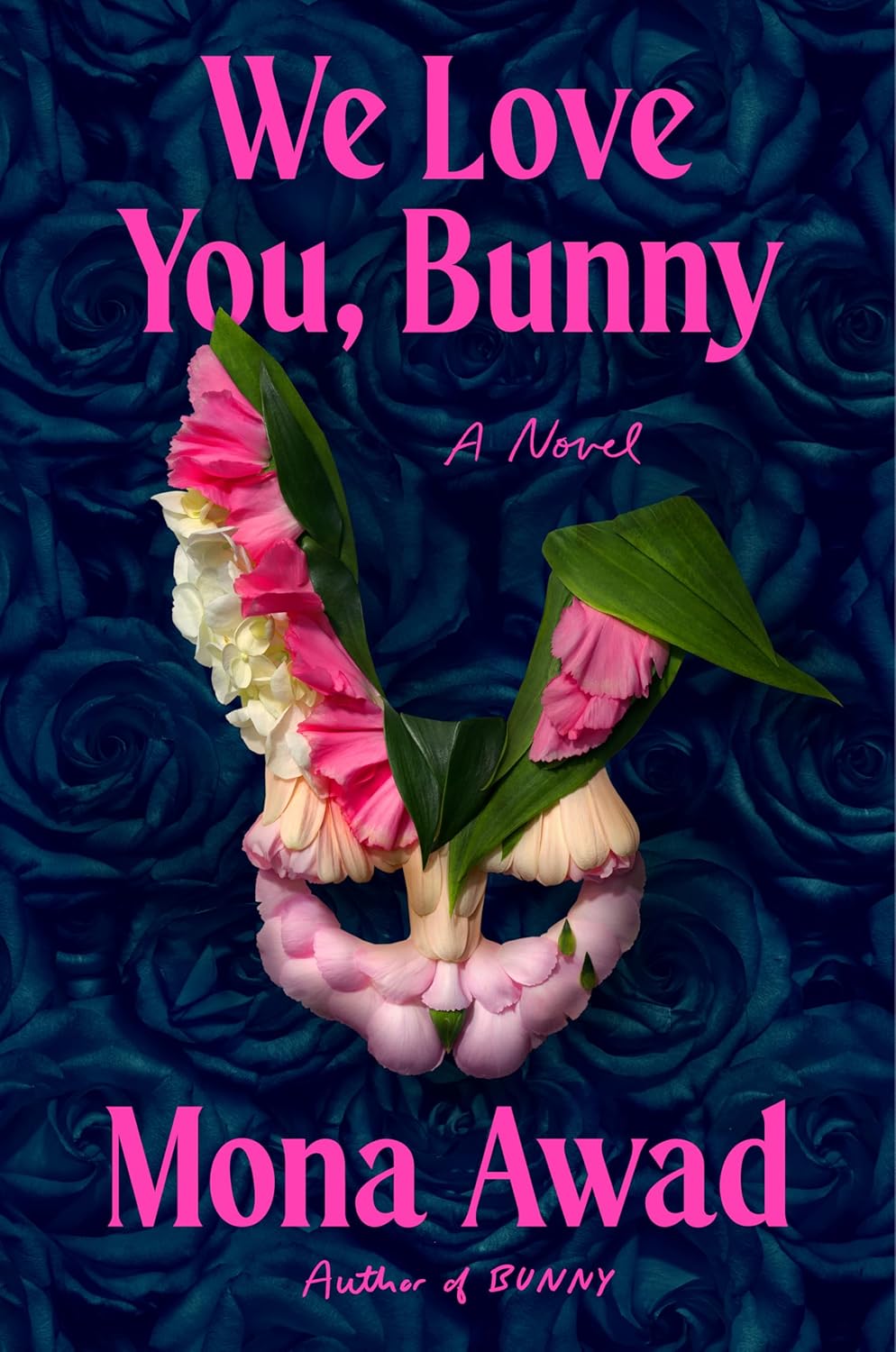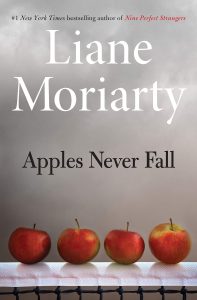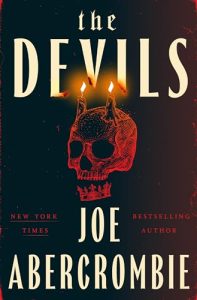
Mona Awad, the reigning queen of literary surrealism, returns to her cult classic universe with We Love You, Bunny a strange, darkly humorous, and polarizing sequel to her 2019 hit Bunny. The result is an audacious mix of metafiction, horror, and dark academia that both expands and distorts the original story’s mythology. Whether you’ll love or loathe it might depend entirely on what you loved about Bunny in the first place.
In this new installment, Samantha Heather Mackey the lonely MFA student from Bunny has finally made it. Her debut novel, a thinly veiled retelling of her time among the Bunnies, has earned her critical acclaim. But fame comes with a price. When her former frenemies, furious about how they’ve been portrayed, kidnap her during a stop on her book tour, Samantha becomes their captive audience. Bound and gagged, she must now listen as each Bunny retells “the real story,” wielding an axe as both weapon and talking stick.
From this macabre setup, Awad launches a story that is equal parts horror fable and creative manifesto. Each Bunny takes her turn narrating how their strange sisterhood formed, how they discovered their grotesque “Creations,” and how power, jealousy, and love twisted everything out of control. It’s Frankenstein meets Heathers meets Mean Girls, wrapped in Awad’s signature fever-dream style.
The tone of We Love You, Bunny is just as weird and intoxicating as the first book, but the effect is different. While Bunny felt like being dropped headfirst into a surreal nightmare, this sequel feels more like waking up inside that nightmare and realizing the monsters are still talking. The energy is quieter, the chaos more deliberate. Readers finally get the Bunnies’ perspective, but that very act of explanation pulls back some of the ambiguity that made the first novel so thrilling.
For some fans, that’s the main disappointment. As Marcus from Lit_Laugh_Luv put it, the book “eliminates the nuance and ambiguity that made the original so interesting.” Instead of mystery and metaphor, we get backstory and clarification. The Bunnies become less mythic and more human, and their once-enigmatic magic is now dissected and explained. The result is a narrative that feels self-aware to the point of parody, as though Awad herself is confronting the obsessive fandom surrounding Bunny.
Yet others found that very quality intriguing. The novel’s structure part confession, part satire feels like a commentary on storytelling itself: who gets to tell the story, who controls the narrative, and what happens when art becomes vengeance. It’s self-referential and absurd in the best way, filled with grotesque humor, sharp social critique, and flashes of lyrical brilliance.
What remains undeniable is Awad’s prose. Her language is electric and rhythmic, full of manic energy and biting wit. Even when the narrative meanders or repeats, the sentences pulse with life. The world of the Bunnies remains as unsettlingly vivid as ever: pastel sweetness masking rot, glitter hiding blood. And despite its excesses, the book retains a strange charm, like a nightmare you can’t help but find beautiful.
Still, the story’s 500-page sprawl may test readers’ patience. The Bunnies’ overlapping voices and childish slang can feel repetitive, and some chapters drag. The metafictional commentary occasionally overshadows emotional depth. But Awad’s fans know that she thrives on discomfort she writes in a way that dares you to keep reading, even when you’re not sure what’s real anymore.
In the end, We Love You, Bunny is less a sequel than a reflection a dark mirror held up to its predecessor and to the audience who adored it. It’s messy, ambitious, and occasionally maddening, but it’s also unmistakably Awad. If Bunny was a wild experiment in creation, We Love You, Bunny is its dissection, peeling back the glitter to show what’s underneath.
Final Verdict: 3.5/5 stars
Bold, bizarre, and unflinchingly self-aware, We Love You, Bunny may not recapture the lightning of the original, but it offers a fascinating, if unsettling, look into the dark heart of artistic obsession. It’s both a love letter and an autopsy to Bunny a chaotic, beautiful mess you’ll either hate or worship.
👉 Read or purchase We Love You, Bunny by Mona Awad here: https://amzn.to/4q5Dia7


